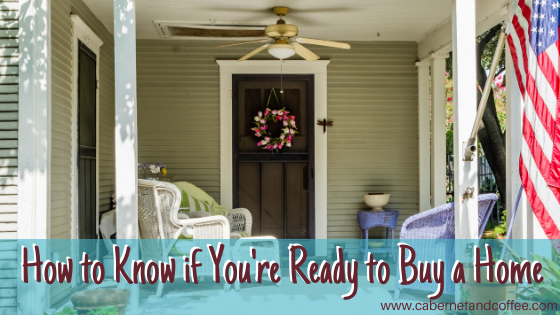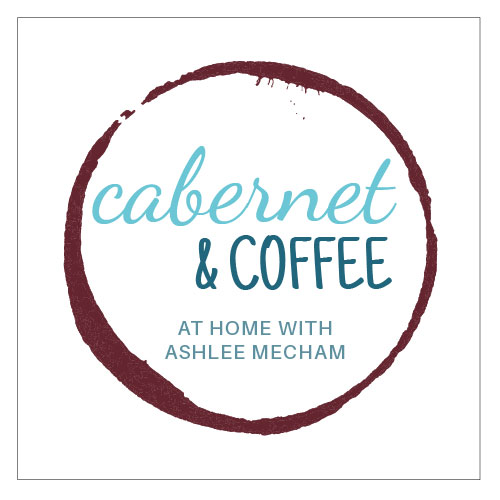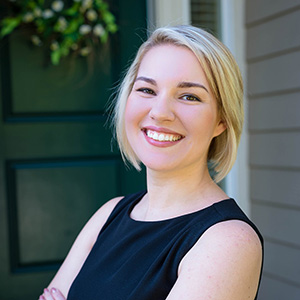
How do you determine if you’re truly ready to buy a home? There are many factors that play into this decision and it is a very personal decision, but the most important question is – do you want to own a home? If you’re reading this, the answer is probably yes, but it’s an important question to consider, because once you decide it is something you want, you can work to make all of the other things happen that need to be in place.
Owning a home comes with a lot more responsibility than renting, including home maintenance costs and potentially higher utility costs, for example if you’re moving into a larger home or if your current rental rate includes some of your utilities already.
If you WANT to own a home, I would advise you next talk to a REALTOR® about your options. An experienced agent will be able to gauge where you’re at and what you likely need to do to move forward. Likely, they will also refer you to a lender to begin the pre-approval process. A lender will help you determine your maximum purchase price as well as what price you should be looking in to keep your payments within your comfort level. Oftentimes, your maximum purchase price and your comfort level will not be the same.
When I meet with first time home buyers our first meeting usually lasts about an hour as we go over the entire process, discuss common terms and myths about home buying, help narrow down what type of home they are looking for and develop a plan to make sure they are ready when the right house comes on the market. This meeting also allows a buyer to determine if I am the right agent for them because you want to work with someone you trust.
One myth that is often a barrier for first time home buyers is the thought that you need a 20% down payment to purchase a home. This could not be farther from the truth. While you do need funds to purchase a home and a 20% down payment will help you avoid PMI (private mortgage insurance), there are options for zero down payment loan programs. Fannie Mae and Freddie Mac both offer a 3% down conventional loan program if you make 80% or less of the median income for the area you’re purchasing in or a 5% down conventional loan regardless of area. Additionally, certain lenders have zero down or even 101% financing options that are conventional and FHA is a minimum of 3.5% down.
In addition to the down payment, you will also need money for closing costs and inspections. Some or all of your closing costs may be able to be paid for by the sellers depending on your loan structure and the current market in your area, but if you are able to pay your own closing costs, it may make your offer look “stronger” in the eyes of a seller. You’ll also likely want to factor in a savings cushion just in case something unexpected happens or there are repairs or upgrades you’ll need to make to the property soon after your purchase.
If you think you are ready to purchase a home I recommend contacting a real estate agent who is willing to meet with you to discuss the process and help get you in contact with the right people to get you into the house of your dreams. If you are local to the Willamette Valley I would be happy to meet with you for a buyer consultation anytime. If you’re not located in my service area, please feel free to still reach out and I can locate a qualified agent for you in your area.

